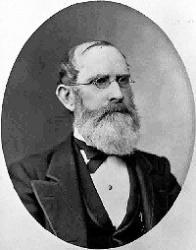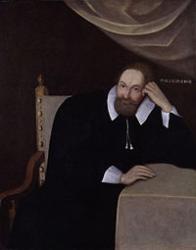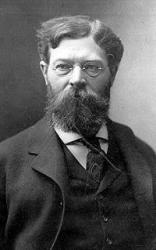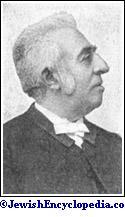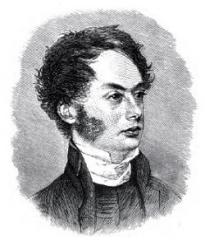1794 - 1873 Person Name: W. W. Hull Hymnal Number: d190 Author of "To the God of all creation let us sing" in Union Hymnal for Jewish Worship Hull, William Winstanley, M.A., son of John Hull, M.D., an eminent physician in Manchester, was born at Blackburn, March 15, 1794, and educated at Macclesfield and Brazenose, Oxford, where he took a first-class Lit. Hum. in 1814, and subsequently became a Fellow. At Oxford he made life-long friendships with some, and acquaintance with most of the foremost men of his time, including Arnold, Keble, Whately, Milman, Bickards, Card. Newman, Stanley, and others. He entered Lincoln's Inn and was called to the Chancery Bar. He took a prominent part in London and at Oxford in the religious movements of the day. On retiring from the Bar he resided first at Tickwood Hall, Much Wenlock, and then at Knowle, Hazelwood, Derby. He died Aug. 28, 1873. He published several prose works, including Church Inquiry, 1828; Seasons for continuing to Protestants the whole Legislature of Great Britain and Ireland, 1829; Disuse of the Athanasian Greed, 1831; Defence of Dr. Hampden, 1836, &c.
His hymns and poems, chiefly distinguished by their earnest piety, were:—
(1) A Collection of Prayers for Household Use with a few Hymns and Other Poems, Oxford, J. Parker, 1828; (2) Poems on Various Subjects, 1832; (3) A Collection of Hymns for General Use, Submitted to the Consideration of the Members of the United Church of England and Ireland, Lond., Hatchard, 1833. This Collection is also known as A Churchman's Hymns, this title being printed on the cover; (4) A second edition of his 1828 Collection of Prayers, &c, Lond., Seeleys, 1851. Of these Nos. l and 2 contained 89 of his original hymns and poems. No. 3 contained 209 hymns, of which 83 were original and signed "O." In No. 4 the texts are altered in several instances, and additional hymns and poems are also given.
Very few of Hull's hymns were repeated in other collections until 1863, when Dr. Kennedy included the following in his Hymnologia Christiana. The bracketed dates are those of publication. Several of the first lines are altered from the originals, and sometimes additions are also given:—
1. A car of fire is on the air. (1833.) Death and Burial.
2. Comfort ye, people of the Lord: for He. (1828.) God merciful in Judgment.
3. Eternal Spirit, God of all. (1833.) Increase of Faith.
4. Father of all, Who from Thy throne. (1833.) God ever present.
5. Hear, holy Father, God of heaven. (1851.) Lent.
6. Lord God, to Thee we pray. (1828.) National Hymn. Altered form of "God save the King."
7. Lord, let Thy work be done. (1833.) Missions.
8. Mercy triumphs, Christ is born. (1851.) Christmas.
9. 0 Thou, the woman's promised Seed. (1833.) Christmas.
10. Once He came, how meek and lowly. (1823.) Advent.
11. Our hearts worship Thee, Lord, our voices proclaim. (1833.) Blessedness of God's People.
12. Raise up some warning voice, 0 Lord. (1833.) Lent.
13. Son of God, we kneel before Thee. (1851.) Christ's constraining Love.
14. The day must come, the judgment day. (1833.) Advent.
15. The sinful earth was sunk in woe. (1828.) Christmas.
16. 'Tis darkness all, and dreariness. (1833.) Lent.
17. To the God of all creation. (1833.) Divine Worship.
18. We have a name to live. (1833.) Life in Christ.
19. We have heard the solemn story. (1833.) Easter.
20. We know the Spirit's will. (1833.) The Holy Spirit, the Guide.
21. When on the blazing mount the stone. (1833.) Giving of the Commandments.
22. Ye that would worship the Lord. (1833.) Ps.c.
These hymns and others by the author are worthy of the attention of hymnbook compilers.
-- John Julian, Dictionary of Hymnology
=================================
Hull, William W., p. 542, i. His hymn "Once He came, how meek and lowly," is in the Wellington Psalms & Hymns, 2nd ed., 1817 (p. 333, ii. 33).
--John Julian, Dictionary of Hymnology, Appendix, Part II (1907)
William W. Hull

